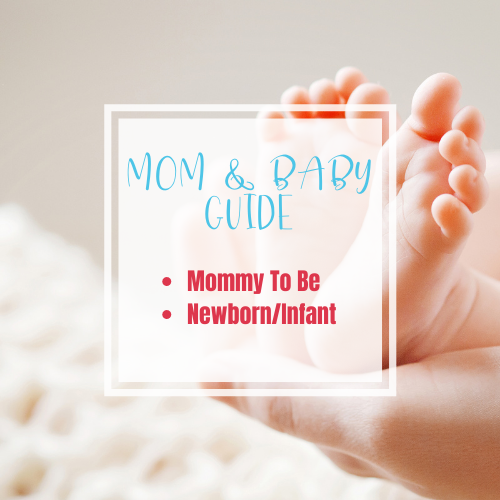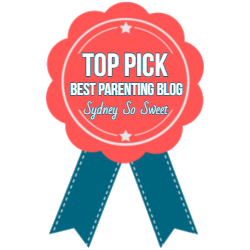I am a long time appreciator of essential oils. From my days in college when I tortured my roommates with Patchouli, to my days as a newlywed when I tortured my husband with Patchouli...ok, so I like Patchouli, sue me. I have always had an affection for the idea of natural earth-produced, God given scents. Only recently have I learned a few facts about essential oils that have changed the way I look at them.
(Disclaimer: I don't sell essential oils. I don't represent any brand.)
I used to think that essential oils were essentially (pun intended) perfumes, or scents to make your house smell good. I recklessly poured them on myself (sorry college roommates & Jason) and I really didn't have a clue about what I was doing. Fortunately, I didn't do any real damage (besides nostril damage) to myself or anyone else in my experience. But since then, older and wiser now, I have learned that essential oils are extremely concentrated chemicals that have the power to cross the blood- brain barrier (the natural safeguard for your brain) and have the ability to poison you or cause breathing distress.
Scary stuff, in all actuality. Now, I still love essential oils. I have just learned to handle them with extreme caution. And, I have a few tips that might help you to safely use them as well.
Disclaimer: This is not an exhaustive essay on all of the safety rules of essential oils. This is based on my experience and personal knowledge of essential oils.
1. Essential Oils can be toxic to animals and children. Please store them safely, as if they were poison. I personally store mine on the very top shelf in one of my top kitchen cabinets. Many oils can cause internal burns of the esophagus and internal organs- or even organ failure with long term exposure.
2. Peppermint and Eucalyptus pose breathing risks for children. Peppermint should not be used topically or diffused around children age 6 and under based on actual clinical studies that determined the risk of breathing distress is real. Eucalyptus should not be used topically or diffused around children age 10 and under. Same reasons. These are extremely common oils and can be extremely dangerous. Cypress oil is an example of a safe alternative option for many of the recommended applications for Peppermint and Eucalyptus that will not cause breathing distress in young children. There are actually many other safe and effective oils that can be used as well. Do your research.
3. Diffusing essential oils should be a controlled activity. You should not diffuse essential oils continuously. Some oils can be toxic from diffusing them too long or can actually lose effectiveness because you become resistant to them from exposure. It is recommended that you should diffuse on a schedule of 10 min on, 20 min off, if you plan on diffusing over a longer period of time. Some diffusers have an interval setting that accounts for this, but please be aware of the length of time you diffuse. Unknowingly, I diffused an oil blend continuously overnight next to my bed and woke up choking because it had caused my throat to close up. Fortunately, I lived - and learned.
4. You should never take essential oils internally without supervision from a certified aromatherapist. I've heard of people "mixing" lemon essential oil in their water bottle or other oils with their water...news flash! Oil and water don't mix. If you do this, you are basically drinking the essential oil straight and it can damage your esophagus and internal organs, including your liver. Never consume essential oils undiluted or straight.
5. Essential Oils must be diluted properly, especially if you are using them topically. There are formulas that are recommended. The formulas require you to dilute to certain concentration percentages based on the use and the age of the person using them. Children and elderly people are especially sensitive to topical (and diffused) essential oils because they usually have thinner skin, which is more permeable. There are very few applications where essential oils are safe to use undiluted.
6. Read the ingredients of pre-blended oils. A lot of companies sell oil blends that have several different essential oils in them. Some of those oils can be unsafe in certain applications. For example, many of the thieves blends have clove, eucalyptus and rosemary which are not safe for young children.
7. Don't believe everything you hear. Please, like I said before, do your own research on this. Don't take a sales rep's word for it. Consult a text book or a certified aromatherapist. Whatever you do, please use caution when working with essential oils.
A few resources:
Check out this resource book: Essential Oil Safety (Tisserand/Young) on MBP's Amazon Store
I hope with this information, you can enjoy your favorite essential oils safely and more confidently!















































No comments
We love hearing from you! Thanks for leaving us some comment love! If you're a new follower, please leave your link, so we can follow you back!